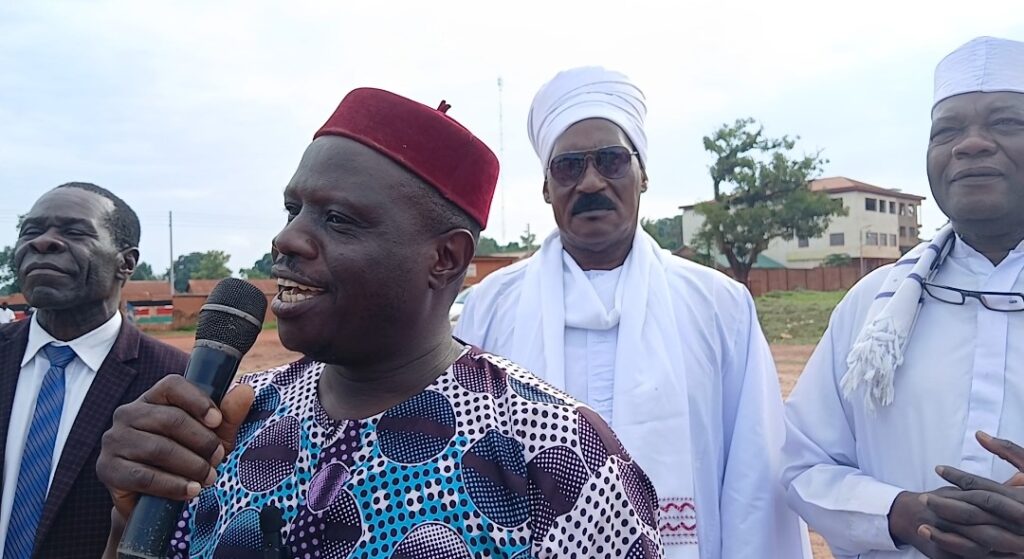The government of Western Equatoria State has called on the Muslim community to invest in private schools to improve education access and foster development.
South Sudan is a Christian majority country, with Islam being a minority faith practiced by around 6.2% of the total population as of 2020, according to research.
Speaking during Eid al-Adha celebrations in Yambio on Friday, the state’s Local Government and Law Enforcement Minister, James Severino Morris, encouraged South Sudanese Muslims to establish schools teaching in both Arabic and English.
“This is not only about Arabic education,” Morris said. “Muslims form a large community in South Sudan. Opening schools is both a business opportunity and a service to our children to keep them away from crime and idleness.”
He emphasized the importance of inclusive education and urged the community to consider schools that cater to both Arabic and English learners.
Ahmed Omer, a Yambio-based Muslim trader, welcomed the initiative, describing it as timely and beneficial.
“It is a good idea. Our children have been out of school for nearly two years because of language barriers. We are ready to sit with the government to make this happen,” he said.
Omer also noted the high cost of education in Yambio as a major challenge.
“Schools are expensive. Many parents can’t afford the current fees.”
Ali Muhammad Kebir, another Yambio resident, said the move would help children arriving from Sudan.
“We are planning to open Sudanese-style schools to accommodate those fleeing conflict in Sudan. This will ensure their children continue learning,” he said.
Adam Silman Bashar expressed full support for the idea.
“This is 100% the right step. We have no Arabic schools in Yambio, and this will help our community greatly,” Bashar said.
Jamal Yosa, a Muslim community leader, echoed the sentiment.
“This initiative is long overdue. The government has given us a green light, and we believe both Sudanese and South Sudanese Muslims will benefit. We are one people,” he said.
Yosa emphasized unity and cooperation, saying: “There’s no difference between Sudanese and South Sudanese. These schools will serve both communities equally.”




